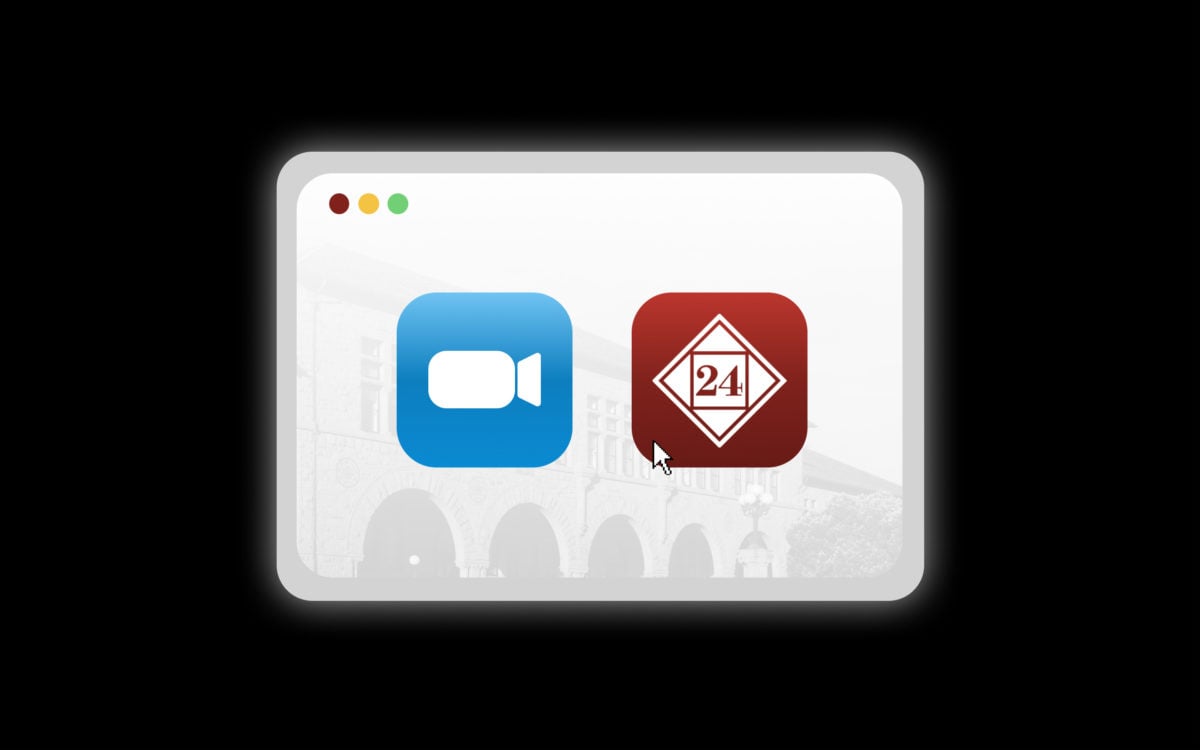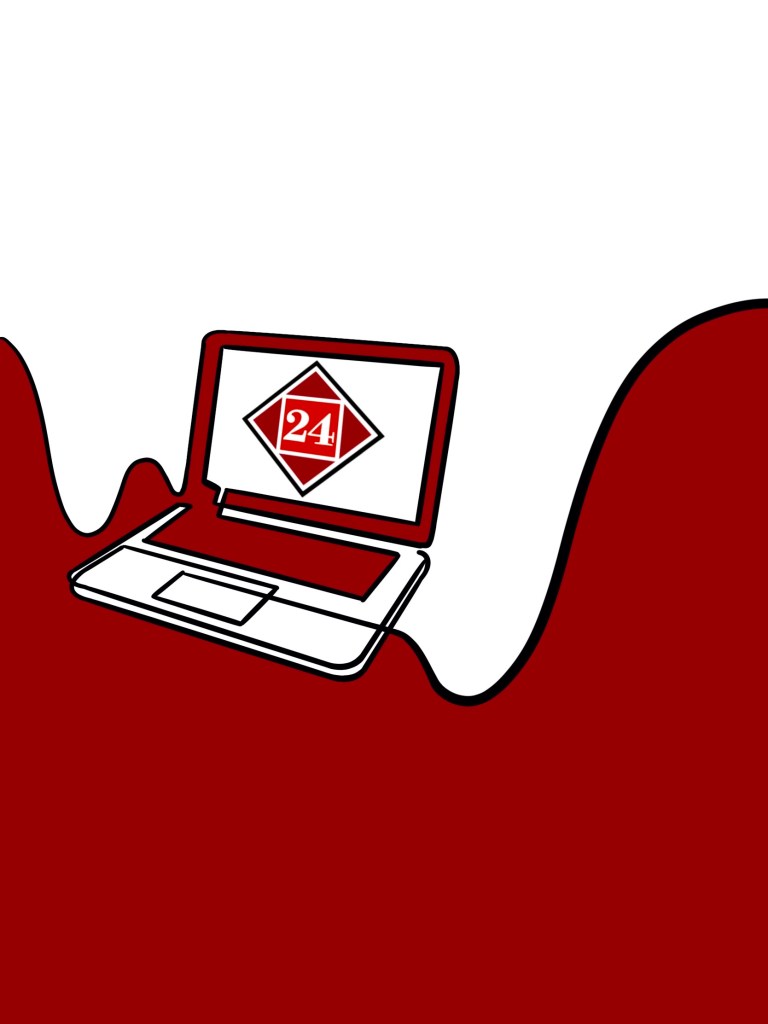In general, starting college is a big adjustment. Workload intensifies, the environment changes and you’re solely responsible for all your business. Starting college on Zoom presents a different kind of challenge. As most of autumn quarter has gone by, I, a current frosh, wanted to reflect on the past few weeks of my Stanford journey, Zoom edition. Here’s a list of my and other first year students’ experiences, from frustrations to surprises. (Shout out to the Class of 2024 GroupMe and other frosh for giving me insight on your thoughts and for contributing points to this article!)
- Stanford has some of the best people…
I have never been around people from so many different backgrounds. I come from Stockton, California, which is considered the most racially diverse city in the United States — yet I still had not been around this many different groups of people until Stanford. I am learning new things about race, gender, sexuality, neurodivergence and socioeconomic status through classes and conversations with other students. People have a diverse interests, ranging from rowing to improv to making and selling jewelry. I have been able to find communities that were never accessible to me before college. I never had a community of theater lovers before I was an assistant stage manager for Gaieties. I never knew so many people interested in publishing before I joined The Stanford Daily. And I never truly knew the significance of being first-gen, low-income (FLI) before meeting those from the FLI Office and FLIP.
- … but the privilege is real
I am a FLI student from an impoverished city, and the abundance of wealth and resources at Stanford are truly mind-boggling to me. I’ve felt a wealth gap that seems more representative of the real world at Stanford, where I have met peers to whom I could in no way relate. This manifests from students being able to take spontaneous trips to them securing expensive housing and renting it out to others. It’s seeing people that have parents who have doctorates.
During the pandemic, on-campus partying has been an issue. Some students feel entitled to risk the living situation of those who need housing in the name of a good time. There are also students partying off campus, endangering the communities that they live in. It’s frustrating to see students not being considerate of others around them and finding more admirable applications of their privilege.
- Imposter syndrome is alive and well
In my first few weeks, the following words rang through my mind: “I am stupid.” I compared myself to my classmates, was hard on myself for giving any incorrect answer, felt nervous to discuss and share in class. This fluctuation in my academic confidence is more intense at some moments than others, and getting over it will occur overtime. But, with the lack of connection with other students, I did not have someone I could readily turn to when I felt these things. Since then, I have reached out to other students, but it took a while to do so.
- Why are there so many readings?
And p-sets. And essays. And discussion posts. And quizzes and midterms and projects. Adjusting to the college workload and meticulous scheduling should be a three-unit class in itself… four units because it’s all online. (An automatic pass would be nice.) And with everything being on Zoom, I get fatigued much more easily, making it harder to immerse myself into my work and manage what is thrown at me.

- Professors at Stanford are chill, nice, supportive and welcoming…
If I have made connections with anyone at Stanford, it has definitely been with faculty. For the first time in my life, I find that everything I study is interesting and engaging. I have taken classes that were inaccessible to me before — in art history, film, creative writing and feminism. My professors exhibit a level of advocacy and care for the world that normalizes talking about injustices more than in high school. I feel supported and safe in an environment where I can indulge myself in the work of my professors, learning how I can apply the humanities to my career. English 9CE: “Creative Expression in Writing,” for instance, is my favorite class this quarter. Not having enrolled in a creative writing class before, I enjoy spending time doing classwork and projects because of my interests in the medium. The assignments are not merely tasks I need to check off my to-do list; my experience with the class inspires me to pursue creative writing as a track for the English major or as a minor. Hopefully with the education and other experiences I absorb, I can make the arts and humanities more accessible to students who wish to pursue these fields.
- … but some departments need to accommodate students
Particular departments and professors are simply not understanding of the challenges facing students during COVID-19 pandemic, the economic and housing crisis and the virtual setting of classes. Many students have other responsibilities because they are home, such as caring for their siblings or having a job to provide for their family. Work from school is already stressful enough — with the hardships of this time, faculty should adjust the manner of their classes. They should not be assigning 50+ pages of daily reading, biweekly midterms or timed quizzes. With the different situations students are in, school should not be our main stressor.
- Our emails magnify stress
I don’t regret signing up for a lot of mailing lists, as they are the sources of so many opportunities — yet coming from a background where there was a lack of resources, the sudden abundance of them can be overwhelming. With everything online, email is the main source of connection, but the mailing lists add an unexpected layer of intensity. You might receive emails about 10 events that are all occurring all on the same day, and they might all be something you want to attend. Or you might end up signing up for too much and forget that you have readings and an essay due at midnight.
I sift through approximately 100 emails per day, and it’s hard to keep track of events I want to attend, Zoom links for meetings with a mentor or my Academic Advisor (AAD), announcements from class and all the things I am not interested in. I sometimes accidentally put the emails in the wrong folder or delete/archive an email. Emails do help in keeping track of life in the Stanford community, but oftentimes I need a break from my inbox.
- Making friends is simultaneously easy yet difficult yet impossible.
I’ve never felt in such a weird place with friendships before. I’ve met so many people that I get along well with, but I don’t think I can yet consider them my friends. It’s been harder to find my group of friends virtually because I don’t feel close enough to anyone to reach out to them. (I am already a bad texter as it is.) This difficulty lessened as the weeks went on as I have gotten to know people in my classes and clubs. I find that people are making more of an initiative to make friends. Once we go back to campus, I think frosh will all have isolation burnout and socialize whenever possible. Still, it’s lonely when so many people are only available through a screen.
- Not much has changed since high school.
I am constantly surprised when I am treated like an adult even though I feel no different than I did five months ago. I have professors letting me call them by their first names. My schedule is completely up to me, flexible in that classes are not offered at a specific time. And of course, due to the pandemic and the injustices occurring in our world, I have changed mentally, spending most of my time reflecting on myself, by myself. Even so, I am 18 years old, I still live with my parents and I play Animal Crossing in my free time. My current situation does not reflect at all how much I have changed over these past seven months. Being confined to my home and not on campus prevents me from grasping the weight of all my responsibilities. I am a part of cool organizations and get to take interesting classes, but college, on Zoom, feels like an intense version of high school. “Adulting” does take time, but not having the “full college experience” does hinder that development.
Contact Kyla Figueroa at kylafig5 ‘at’ stanford.edu.
